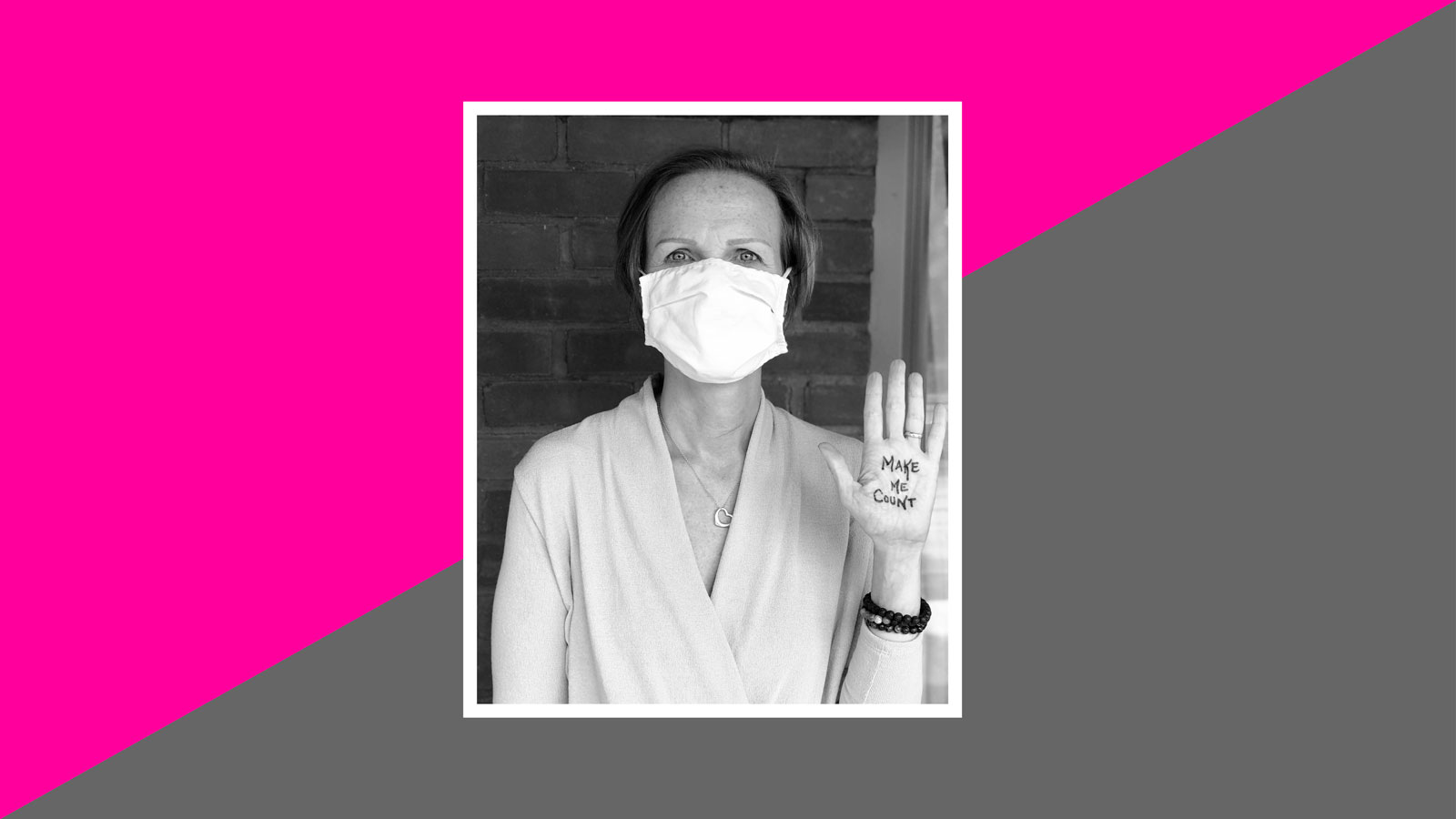My MBC Experience Counts (And So Does Yours)
3 MINS to read

In November of 2016, I joined a community of humans that share a common prognosis, treatment and eventual mortality. Metastatic breast cancer is the group no one wants to join.
So here I am, almost 4 years later with MBC and I feel different. I feel different because there is no real manual for this journey. Every day is unique. Some days are tired and weary from treatment. And other days, I almost forget about the disease.
Joining online and in-person breast cancer groups has allowed me to connect with others and softened the isolation that can happen when you feel no one understands what you are going through. I discovered we shared many commonalities but also many differences. Some are younger with children, some are single, and some have grandchildren. Some are experiencing real pain on a daily basis and some are living active lives to try to spend as much joyful time while we still can. The diversity of women and the diversity of their experience with MBC is real.
What we all have in common is a desire to improve the lives of women living with MBC. This is where advocacy fits in. To advocate for yourself or for others has action, purpose, and eventual outcomes. It also raises a passion in us to educate others, create awareness and make change. Sometimes advocacy takes time and results in system change and sometimes it’s achieved in small actions.
One such example came through a research study posted to Rethink’s private Facebook group. There was a study looking for volunteers to be a part of an exercise program to show the impact on well-being for women with cancer. The study, however, was only open to women with stages 0-3. Women with MBC were excluded in a well-intentioned effort to ensure they were not injured in the study, the exclusion was based on inaccurate perceptions that people living with MBC are too sick, too frail or too complicated to participate.
Vesna, a fellow Rethink MBC Advisory Board member, and I voiced concerns and raised questions. Why should women with MBC be eliminated from a study if they are physically capable, willing, and able to meet all other set criteria required by other candidates? When women with MBC are excluded from studies like these, we’re missing out on learning more about ways to improve their lives too.
Through communication and sharing our stories, Vesna and I explained how diverse the MBC community is. Eventually, the lead investigator requested an amendment to the study’s inclusion criteria, and ultimately, the ethics board agreed. The study’s inclusion criteria was changed and women with stage 4 are now included. (And Vesna is now part of the study!)
But most importantly, we were told that we had been heard and we had made a difference. We had made MBC count.
Too often women with MBC aren’t counted or considered, yet it’s these women with advance breast cancer who need their needs addressed and their voices amplified. And advocating for change can’t be left to women with MBC alone. But when we work together – and are Allies for women with MBC – that’s when great things happen.
So will you join us? Will you be an Ally? Together, we can make a difference. – Suzanne Horvath